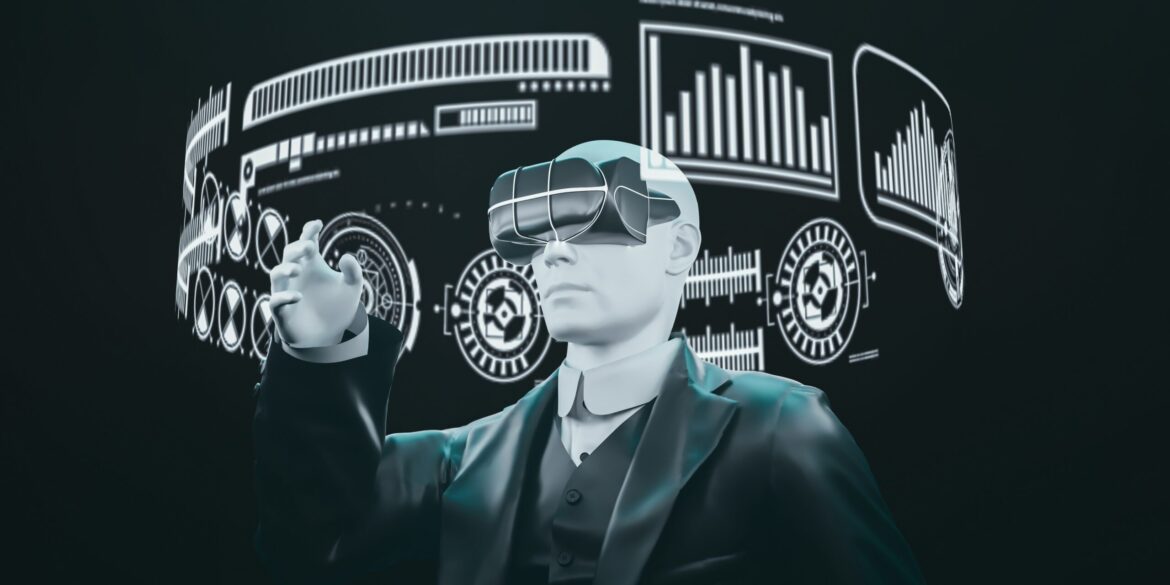In 2025, the property technology (PropTech) sector is experiencing a significant transformation, largely driven by innovations in artificial intelligence (AI) and the Internet of Things (IoT). These technologies have sparked a wave of advancements, reshaping how real estate is bought, sold, managed, and experienced. AI and IoT are not just enhancing operational efficiencies but are fundamentally changing the way buildings and properties function, creating smarter, more responsive environments. This surge in PropTech innovation is fueled by a combination of strong investment, widespread adoption, and the continued need for real estate solutions that are sustainable, efficient, and increasingly connected.
Recent data highlights the growing role of AI in the PropTech space. Approximately 70% of all recent PropTech deals involved AI technology in some capacity, underscoring its integral role in the development of new real estate tools and services. In 2024 alone, $3.2 billion was invested in AI-centric real estate technology, further demonstrating the sector’s commitment to technological advancement. AI is being used across a variety of real estate applications, from predictive analytics that help investors make smarter decisions, to automation tools that enhance property management efficiency. AI algorithms are also being used to improve customer service and personalize experiences for tenants, with automated chatbots and virtual assistants becoming increasingly common in the industry.
Read Also: https://toplistings.com/real-estate-technology-innovations-transforming-the-market/
The integration of IoT into real estate has also seen exponential growth, with smart-building technology becoming a default standard. In fact, it is estimated that three out of every four new commercial buildings being constructed today are launching with embedded IoT systems. These systems allow for greater automation and connectivity, enabling everything from energy management to enhanced security and personalized environmental controls. Buildings equipped with IoT devices can monitor and adjust lighting, heating, and cooling systems automatically, improving energy efficiency and lowering operational costs. Additionally, IoT technology helps property managers monitor building performance in real-time, identify maintenance issues before they become costly problems, and provide tenants with a more responsive and comfortable living or working environment.
This growing reliance on AI and IoT in real estate has made the United States a dominant force in the global PropTech landscape. The U.S. continues to capture a significant portion of the worldwide PropTech market, with estimates ranging from 27% to 40% of the total PropTech value. The U.S. has long been a leader in innovation and investment, providing a fertile ground for new technologies to emerge and flourish. The concentration of capital, talent, and technological infrastructure in cities like Silicon Valley and New York has allowed American PropTech firms to lead the way in developing cutting-edge solutions for the real estate sector.
However, the rest of the world is not far behind. The Asia-Pacific region, in particular, is seeing rapid growth in PropTech, with a compound annual growth rate (CAGR) of approximately 20.5% projected through 2032. This growth is driven by the rapid urbanization of countries in the region, particularly China, India, and Southeast Asia, where demand for new housing, commercial buildings, and infrastructure is soaring. As these markets continue to mature, the adoption of PropTech solutions is expected to accelerate, with AI and IoT playing pivotal roles in shaping the future of real estate in the region.
This global expansion of PropTech technologies is not just about making buildings smarter or more efficient; it also represents a fundamental shift in how real estate is conceptualized and managed. AI and IoT enable more flexible, responsive environments that can adapt to the needs of both tenants and property owners. For example, in the commercial real estate sector, IoT systems can optimize the use of space by analyzing how tenants move through a building, helping property managers make decisions about layout and usage. In residential real estate, smart-home technologies allow tenants to control their environments through mobile apps, offering convenience and energy savings.
The ongoing evolution of PropTech is also creating new opportunities for investors and developers, who are increasingly looking to leverage AI and IoT to unlock new efficiencies and business models. From predictive analytics that improve real estate investment strategies to automation that cuts down on labor costs and human error, the potential for technology to streamline the real estate process is vast. Moreover, as sustainability becomes an ever more important consideration, AI and IoT technologies are helping to reduce the environmental impact of buildings through smarter energy management systems, reducing waste, and improving overall sustainability.
Looking ahead, the future of PropTech is bright. As technologies continue to advance, the real estate industry will likely see even greater integration of AI, IoT, and other cutting-edge innovations. In particular, AI-driven solutions will continue to evolve, offering ever more sophisticated tools for property management, investment, and construction. Similarly, IoT-enabled buildings will become even smarter, integrating with other technologies like 5G and augmented reality to further enhance the user experience. The result will be a real estate landscape that is not only more efficient and cost-effective but also more personalized and adaptable to the changing needs of tenants, owners, and investors alike.
In 2025, it is clear that AI and IoT are not just shaping the future of PropTech but are at the very heart of its evolution, driving a wave of innovation that is reshaping the way we live and work in our built environments.

